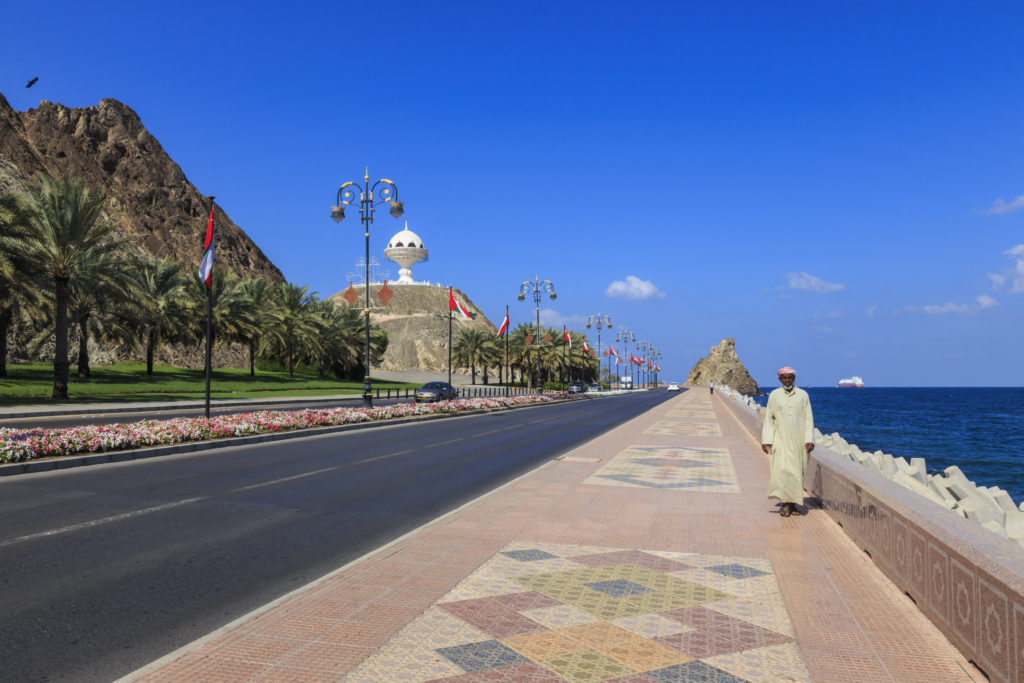São Paulo – The economy of Oman is strengthening in the wake of substantial policy actions to mitigate the fallout from the COVID-19 pandemic and favorable oil prices. The positive outlook was published on Thursday (16) by the International Monetary Fund (IMF) after the visit of a staff team led by Daniel Kanda to Muscat from June 5 to 12.

In the report, Kanda said that the Omani authorities undertook substantial vaccination efforts and policy actions to mitigate the impact of the COVID-19 pandemic and foster the economic recovery. As of the end of May, nearly all persons 12 years and older had been at least partially vaccinated and about 90% were fully vaccinated, thus restrictions have been removed.
According to Kanda, fiscal, monetary and financial measures provided relief to households, firms and banks. “The economy is strengthening, and inflation has been contained so far,” he said. Oman’s gross domestic product (GDP) grew by 3% in 2021, largely driven by the hydrocarbon sector, and is projected to grow by 4.5% in 2022, benefiting from increased hydrocarbon production and continued recovery of non-hydrocarbon activities. Inflation turned positive to 1.5% in 2021 and is projected to increase to 3.7% in 2022, given rebounding economic activity and rising global inflationary pressures.
The report adds that higher oil prices and fiscal consolidation have improved fiscal and external positions. Alongside, central government debt is expected to decline substantially from about 63% of GDP in 2021 to 45% of GDP in 2022. The current account balance is projected to improve in 2022. International reserves have already increased.
The IMF warns, however, that uncertainties and downside risks continue to cloud the outlook. Downside risks stem particularly from uncertainty about the war in Ukraine and its impact on the global economy, a renewed flare-up of COVID-19 infections, tighter-than-expected global financial conditions, increased inflationary pressures from higher global food and energy prices, more persistent disruption in global supply chains, and pressures to spend the hydrocarbon windfall.
Translated by Guilherme Miranda




